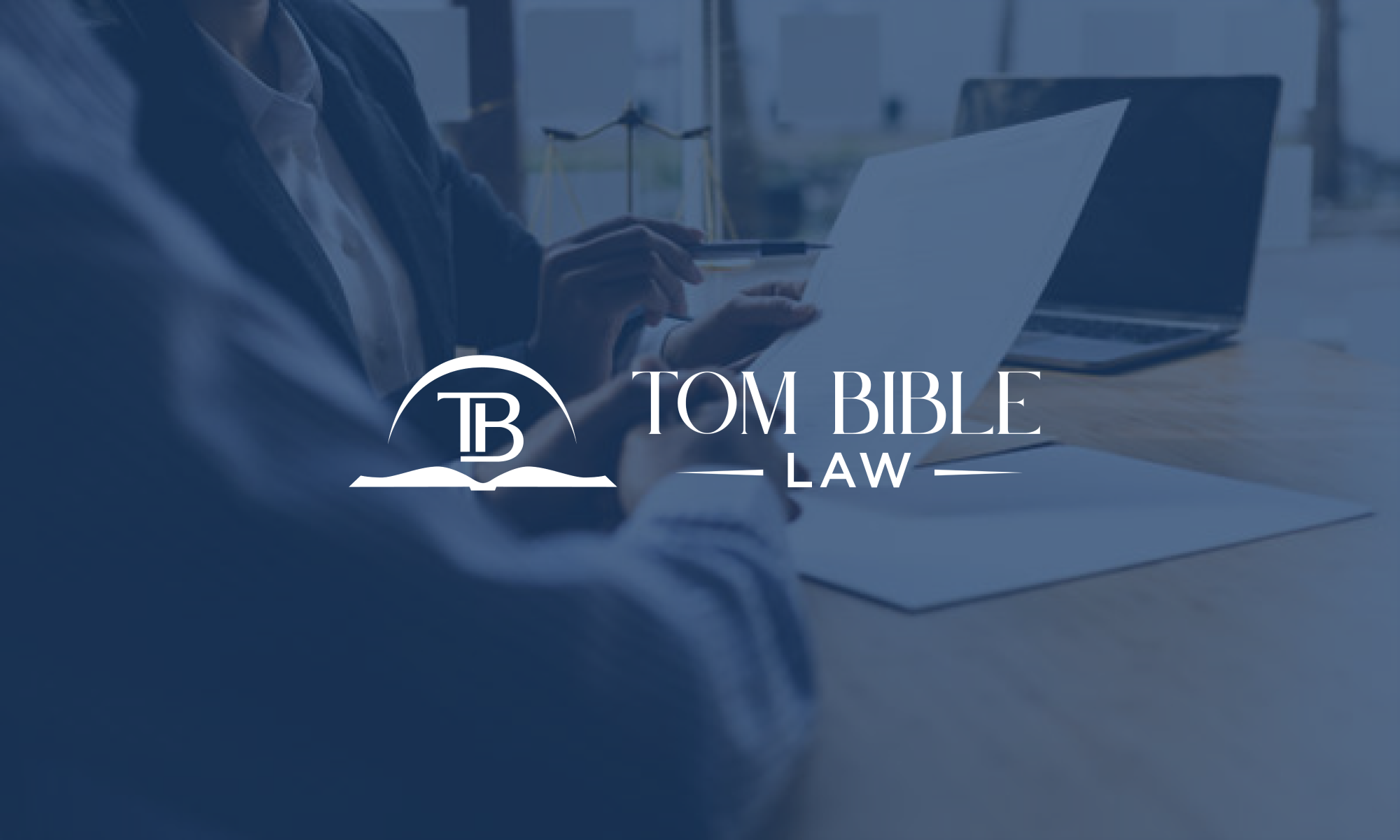Filing for bankruptcy is a significant decision that can provide relief from overwhelming debt, but it also raises concerns about losing personal assets. Understanding what you can keep during bankruptcy is crucial for making informed decisions and preparing for the process. Here’s a detailed look at asset retention during bankruptcy and how Different Types Of Bankruptcy filings impact what you can keep.
Understanding Bankruptcy Exemptions
Bankruptcy exemptions are laws that allow you to protect certain assets from being sold to pay off your debts. These exemptions vary by state, and you may have the option to choose between state and federal exemptions, depending on where you live. In many cases, these exemptions cover a range of assets, including:
- Homestead Exemption: This protects the equity in your primary residence up to a certain value. The amount of equity you can protect varies by state.
- Vehicle Exemption: This allows you to keep a vehicle up to a certain value.
- Personal Property: This includes household goods, clothing, appliances, and other personal items. There are often limits on the value of each item or category.
- Wildcard Exemption: This can be used to protect any property of your choice, up to a certain amount.
- Retirement Accounts: Most tax-exempt retirement accounts, such as 401(k)s and IRAs, are protected.
- Public Benefits: Social Security, unemployment, and disability benefits are typically exempt.
Chapter 7 Bankruptcy and Asset Retention
Chapter 7 bankruptcy, also known as liquidation bankruptcy, involves selling non-exempt assets to pay off creditors. However, many people who file for Chapter 7 can keep most, if not all, of their property due to exemptions. Here’s how it works:
- Non-Exempt Assets: These are assets that exceed the exemption limits. They can be sold by the bankruptcy trustee to pay off creditors. Common non-exempt assets include valuable collections, secondary homes, and luxury items.
- Exempt Assets: As mentioned, these are protected by bankruptcy exemptions. In many cases, your primary residence, basic household goods, and personal effects will be exempt.
Because exemptions can be quite generous, most Chapter 7 filers do not lose significant assets. However, it’s essential to work with a bankruptcy attorney to understand your specific exemptions and how they apply to your case.
Chapter 13 Bankruptcy and Asset Retention
Chapter 13 bankruptcy, or reorganization bankruptcy, allows you to keep your assets while you repay debts through a court-approved repayment plan over three to five years. Here’s how it impacts asset retention:
- Repayment Plan: Instead of selling assets, you propose a repayment plan based on your income, expenses, and the value of your non-exempt assets. This plan outlines how you will pay back your creditors over time.
- Asset Protection: Because Chapter 13 does not involve liquidation, you can keep all your assets, including non-exempt ones, as long as you adhere to the repayment plan.
- Secured Debts: For secured debts, like a mortgage or car loan, you can catch up on missed payments through the repayment plan, which helps protect these assets from foreclosure or repossession.
Strategies for Maximizing Asset Retention
- Understand Your Exemptions: Familiarize yourself with both, state and federal exemptions to determine which set of exemptions will benefit you most.
- Plan Ahead: If possible, consult with a bankruptcy attorney before you find yourself in a crisis. They can help you structure your finances to maximize exemptions.
- Accurate Valuation: Ensure that you accurately value your assets to avoid underestimating or overestimating their worth, which can affect exemption applicability.
Navigating bankruptcy can be challenging, but understanding what assets you can keep can provide significant peace of mind. Both Chapter 7 and Chapter 13 bankruptcies offer ways to protect your essential property through exemptions and repayment plans. Consulting with a knowledgeable bankruptcy attorney in your area can help you understand your options, maximize asset retention, and guide you through the process effectively. Whether you’re facing overwhelming debt or seeking a fresh financial start, knowing what you can keep during bankruptcy is crucial for your future stability and recovery.
Contact Tom Bible Law Today
Facing bankruptcy in Chattanooga? Our experienced bankruptcy lawyers can help you find relief and regain financial stability. Contact us today for a free consultation to discuss your options, including Chapter 7 and Chapter 13 bankruptcy. Take the first step towards a debt-free future.


